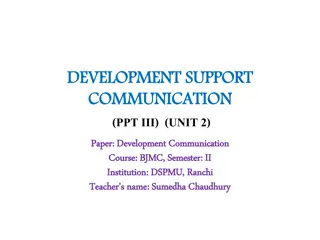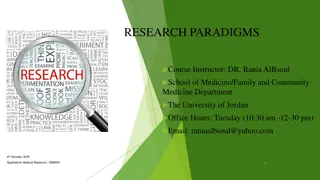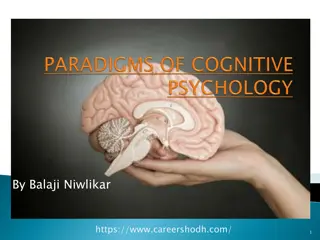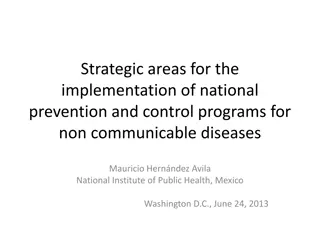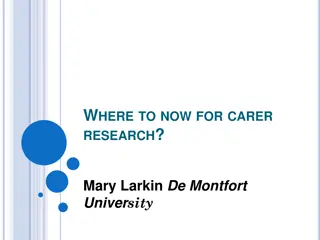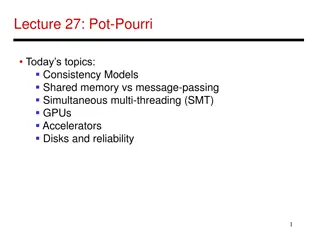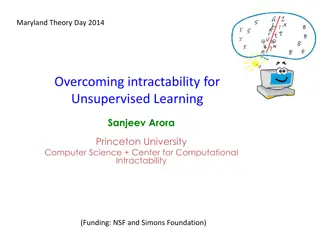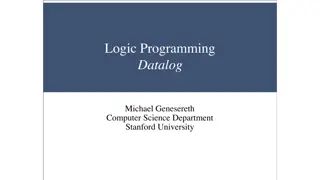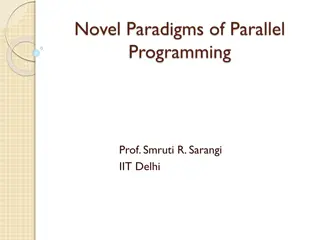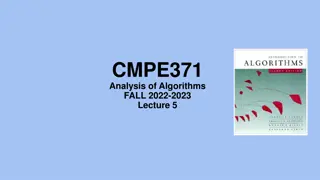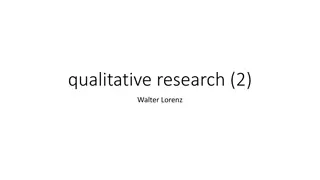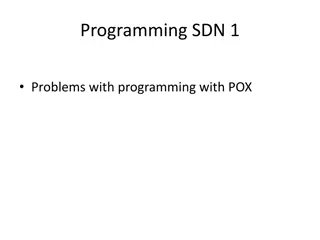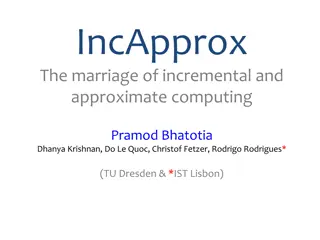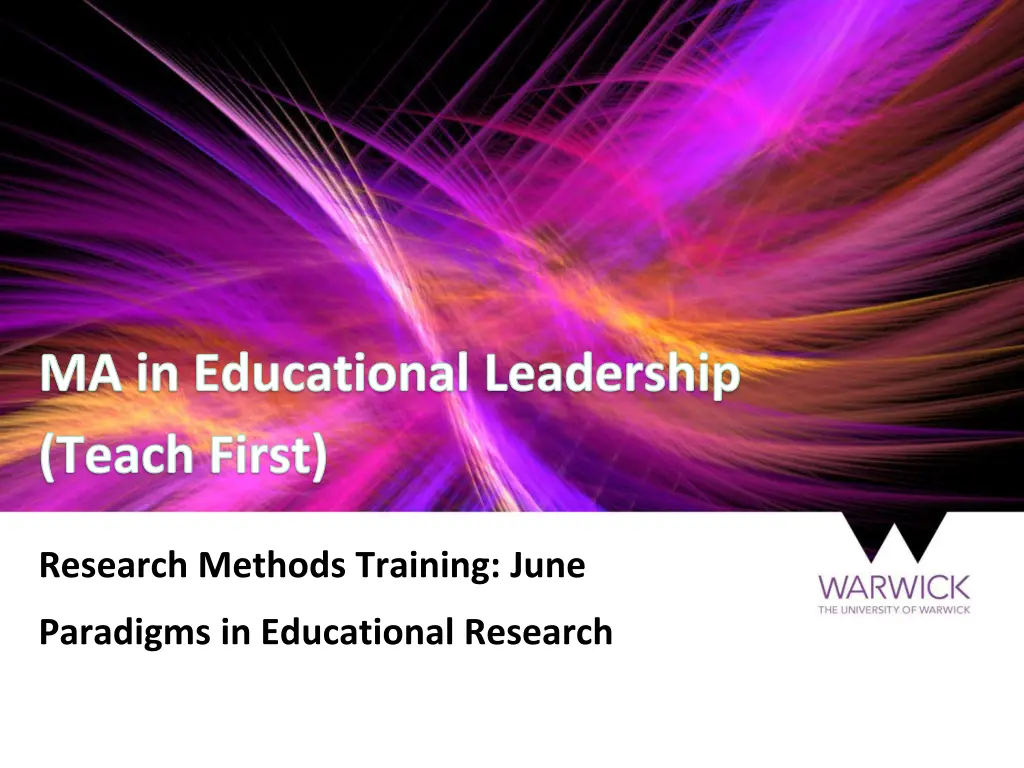
Understanding Research Methods in Educational Leadership
Explore the essential concepts of research methods in educational leadership, including ontology, epistemology, methodology, and data collection techniques. Enhance your understanding of how research contributes to knowledge advancement in the field of education.
Download Presentation

Please find below an Image/Link to download the presentation.
The content on the website is provided AS IS for your information and personal use only. It may not be sold, licensed, or shared on other websites without obtaining consent from the author. If you encounter any issues during the download, it is possible that the publisher has removed the file from their server.
You are allowed to download the files provided on this website for personal or commercial use, subject to the condition that they are used lawfully. All files are the property of their respective owners.
The content on the website is provided AS IS for your information and personal use only. It may not be sold, licensed, or shared on other websites without obtaining consent from the author.
E N D
Presentation Transcript
MA in Educational Leadership (Teach First) Research Methods Training: June Paradigms in Educational Research
Recommended reading Briggs, A., Coleman, M. and Morrison, M.(eds.) (2012) Research Methods in Educational Leadership, 3rdedn, London: Sage.
What is research? Research is systematic, critical and self-critical enquiry which aims to contribute towards the advancement of knowledge and wisdom (Bassey, 1999: 38). The answer to the question What is research? depends on the answers to two more fundamental questions: What is reality? (ontology) What is knowledge? (epistemology)
Ontology From the Greek on (being) & logos (theory) so literally theory of being . What is the nature of being? What is the nature of the reality we seek to explain? Does it exist out there waiting to be discovered, or only in the human mind?
Epistemology From the Greek episteme (knowledge) and logos (theory) - so literally theory of knowledge What constitutes knowledge, how can it be acquired and communicated? Realist view suggests observer role, to determine laws, natural science methods (positivism) Nominalist view suggests any number of different social worlds may exist (interpretivism)
Methodology From the Greek methodos (procedure for the attainment of a goal, in this case the acquisition of knowledge) and logos (theory) so literally theory of the way in which knowledge is acquired How should knowledge be produced? Ontological & epistemological views lead to distinct approaches to methodology e.g. scientific method, collecting quantitative or qualitative data, notions of control etc.
Method From the Greek methodos (procedure for the attainment of a goal, in this case the acquisition of data) How should data be collected? Ontological & epistemological views lead to distinct approaches to methodology which in turn steer the choice of methods e.g. sampling, collecting numerical data, interviewing, observing etc., and also how data are analysed e.g. pre-selection of themes, scaling, grounded theory and so forth.
Research paradigms Paradigm means belief, assumption, tradition a network of coherent ideas (Bassey, 1990:40) A paradigm is an underlying structure for belief. It is therefore a lens through which we can view the world. Paradigms therefore also shape outcomes.
Linked paradigms shape outcomes Data analysis and conclusions Methods Methodological considerations Epistemologicalassumptions Ontological assumptions
Three over-arching Paradigms: Positivist The aim of the positivist researcher is to: uncover timeless truths; test hypotheses Interpretivist The aim of the interpretivist researcher is to: investigate perceptions; jointly construct reality. Critical The aim of the critical researcher is to: change the world; bring about social justice.
Two paradigms a traditional view Positivism Interpretivism Realism Nominalism Universal knowledge - generalisability context specific, unique Objectivity - research is unbiased Subjectivity human element Measurement & precision - quantities, amount, intensity, frequency the qualities of entities, processes and meanings Soft data language, texts, images Hard data - numeric Control, cause & effect Understanding actions / meanings Value free Value laden
Move away from paradigm wars Nowadays there is recognition of commonalities between quantitative & qualitative approaches: Both use empirical observations to address research questions Both (should!) incorporate safeguards to minimise sources of invalidity/untrustworthiness Both have the goal of increasing understanding, seeking to provide warranted assertions about human beings/groups and their environments
Mixed methods Combine quantitative and qualitative approaches Best of both worlds ? Always? Sometimes? Can provide breadth and depth Contribute to methodological triangulation, which may strengthen (precision of) conclusions
In summary Research is becoming increasingly interdisciplinary, complex and dynamic Researchers need a solid appreciation of different methods to facilitate communication, promote collaboration and provide quality outcomes The link between research method and paradigm is not absolute A pragmatic/balanced/pluralist position encourages researchers to mix research approaches in ways that offer the best opportunities for answering important research questions.

